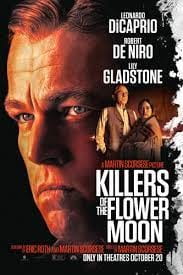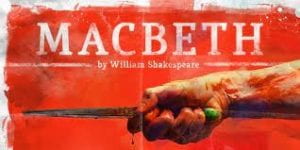End of Fall Update

One of our recent attendance questions at the start of class asked students about their favorite holiday and why. Although Father’s Day has become my favorite holiday, Thanksgiving is a close second. While there is the historical nature and mythology of Thanksgiving, I appreciate the family traditions, the concept of celebrating gratitude, and, of course, the food! One of the things for which I’ll profess my gratitude at the Thanksgiving table this year is teaching all of your children. As we breeze through the final fall holidays and into winter, I wanted to share a few updates on your child’s English class.
English 10 Updates:

The Power Of Communication Unit came to a conclusion with some valuable lessons, assessments, and self reflections. After reading Animal Farm, students constructed paragraphs that followed a strict 8 sentence structure and utilized evidence properly to support a strong argument in response to a writing prompt. The results were impressive and laid a strong foundation for future writing in our class.
In addition to their writing, students also culminated our unit with a characterization art project which tasked students with taking four characters from the novel and selecting shapes, colors, sizes, and location to create a piece of art representing Animal Farm. All choices were deliberate and showcased student understanding of characterization, symbolism, and conflicts in Animal Farm. Creativity shined through with this assignment, whether it was ideas such as one student casting Old Major as a tree from which all the other characters in the book grew or others making Old Major a picture frame through which all the other characters and their conflicts are viewed.
At this point we are two weeks into Q2 and we are honing our nonfiction reading skills with strategies such as the nonfiction signposts. This is proving useful since we are currently reading Killers Of The Flower Moon by David Grann , as part of our unit about the Power of Culture. If the name of the book sounds familiar, you might have noticed that it is currently in movie theaters (directed by Martin Scorcese and starring Leonardo Dicaprio and Robert Deniro) and it will soon be streaming on Apple +. The book, while markedly different from the film, is a fascinating piece of reporting on one of the FBI’s most notorious cases into the murders of countless members of the Osage Nation in Oklahoma during the 1920’s. One student already remarked to me after class that he enjoys it “soooo much” more than Animal Farm, which I would assume is because it is a gripping who-dunnit mystery.
Honors English 10 Updates:

Our first unit of the year, anchored by the novel Lord Of The Flies by William Golding, culminated with group debates and a unit essay. The group debates were invigorating! In fact, in two separate classes I firmly believe I saw the best debates I have seen in all my years of teaching Lord Of The Flies. Student groups worked well in preparing cases that addressed an assigned position on the following questions: 1. Which character represents the boys best chance of rescue and survival?Jack OR Piggy. 2. What is the biggest threat the tribe faces? Lack of food, water, and shelter OR immaturity, infighting, and fear. 3. Which symbol is most significant to the plot, conflict, and themes in LOTF? Pigs OR Fire. Not only did students cite ample evidence from Lord Of The Flies, but some groups pulled in research on malnutrition and dehydration, child psychology and mental development, and agricultural symbols. If you have a moment, ask your student about the debates, their group’s position, and their individual role.
Our Q2 unit has seen us delving into Macbeth, William Shakespeare’s iconic play of ambition, fate, and the supernatural. We first learned context about Shakespeare, which included students reading his renowned Sonnet 130 (“My mistress eyes are nothing like the sun…”) and writing a response sonnet as if they were the subject of Shakespeare’s original poem. Needless to say, the responses were rather spirited and quite hilarious. This would be another assignment that presents a great opportunity to ask your student about their learning in our class.










